Is your commercial facility prepared to handle an emergency situation? With the rise of power outages caused by natural disasters, storms, extreme heat, or humidity, facilities must be equipped to handle a power outage for a prolonged period of time.
With no power, business operations can be significantly affected. Large commercial facilities are not able to function without technology, equipment, and lights. Unplanned downtime can significantly set your profit margins back, which can be challenging for businesses to recover from.
No matter what type of facility you manage, you should have a thorough plan in place to deal with power outages – which should include a backup generator. Having a reliable backup generator keeps your commercial facility operating in an emergency situation when the power goes out. By choosing the right backup power generator for your facility, there is no loss of downtime, keeping your facility running and helping your business’ bottom line.
How can you choose the right backup generator for your commercial facility? Keep reading to learn about the factors to consider to help you choose the best backup power generator for power outages.
Natural Gas or Diesel Generators: Which One Is the Better Option?
When comparing natural gas and diesel generators, each fuel type has pros and cons. Knowing the difference between the two will help you select a generator ready to go when it’s needed. Here’s what facility managers should know when choosing between diesel and natural gas.
Diesel Generators
Some benefits of diesel engines are reliability, reduced maintenance costs, and the ability to function as primary power. Here are the pros and cons of diesel generators.
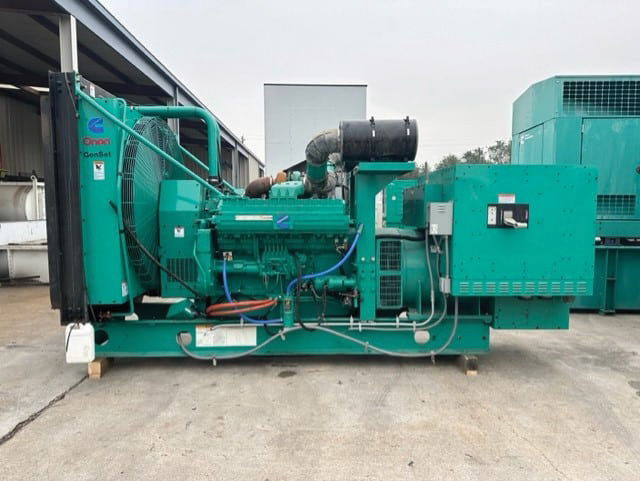
Reasons to Choose a Diesel Engine:
- Diesel generators are sturdy and long-lasting for sustained performance.
- They require less maintenance and fewer replacements.
- You have the ability to function as the primary power source or backup generator.
- They are ideal for large commercial facilities.
Drawbacks to Diesel Engines:
- They are not as eco-friendly compared to natural gas engines.
- They are considered very large and require dedicated space.
- There are higher upfront costs.
Natural Gas Generators
Natural gas generators offer several benefits diesel engines lack, which include environmental benefits and portability. These generators can also be more cost-effective to run compared to diesel generators. Here are the primary pros and cons of natural gas backup generators.
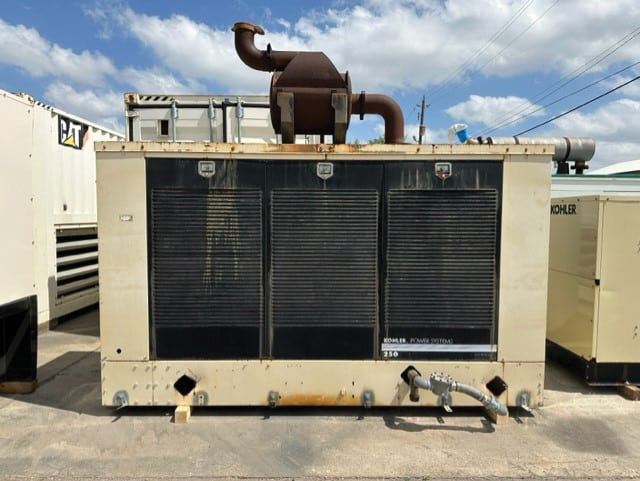
Reasons to Choose a Natural Gas Engine:
- They are more economical to run compared to diesel generators.
- Portability: these engines are smaller and can be moved.
- They are more eco-friendly compared to diesel engines: natural gas also burns cleaner than diesel fuel.
- Natural gas engines run more quietly compared to diesel.
Drawbacks to Natural Gas Engines:
- These generators generally require more maintenance compared to diesel engines.
- They rely on a consistent supply of natural gas, which could be disrupted during emergencies. This means that natural gas generators could be useless to use in these situations.
5 Important Factors to Consider for Choosing the Right Backup Generator
Choosing a backup generator might sound like an easy process, but there are numerous considerations to keep in mind.
When picking a generator for your business, there are several factors you should carefully consider. Picking the right generator for your commercial facility will ultimately depend on your needs.
To help you make the right decision for your commercial facility, here are a few key considerations to help you choose a backup power generator.
- Physical size and dimensions
- General maintenance
- Power output
- Emissions
- Total costs
- Dimensions
Sizing a backup generator includes the physical dimensions. You must have the space to physically place your generator. When choosing between the two types of generators, diesel requires more space than natural gas.
- Generator Maintenance
It’s important to know how much maintenance your generator will need after purchase. Regular maintenance is required to ensure your backup generator can run during an emergency with no downtime. Natural gas generators will likely require more maintenance than diesel generators.
- Power Output
Power output (size) is a particularly important factor in choosing the right generator. Understanding power requirements for your facility is essential to know before selecting a power generator.
A common mistake made by facility managers during your decision process is underestimating load capacity. One way to figure out your power requirements is to use a power calculator, which can be used to estimate your operation’s load capacity.
- Emissions
Some states have sensitive emissions areas where regulations control the amount of emissions released into the environment. Diesel generators do not meet EPA (Environmental Protection Agency) emission standards. Instead, facility managers may consider opting for a natural gas generator, which is an eco-friendlier generator that meets EPA emission standards.
- Total Cost
Like any large-scale piece of equipment, the budget will certainly factor into your final decision. The cost for a backup power generator is more than just the unit cost – there are other long-term factors, including the life of the engine, costs for maintenance updates, and fuel costs.
While natural gas units cost less, the amount of maintenance needed can add up over time. Diesel units have higher unit and fuel costs but generally last much longer. Be sure to look at all factors when evaluating the total cost of a backup generator, and not just the unit price.
Closing Out: Preparing for Emergencies with a Backup Power Generator
During a power outage, every minute of downtime affects your business’ bottom line. With the number of weather-related power outages on the rise, it’s critical to have your backup power generator assessed to determine the proper generator size and how much power is needed.
Whether you’re managing a manufacturing plant, commercial building, processing facility, or data center, facility managers need to be prepared to deal with power outages for extended periods of time.
Finding the right backup power generator that meets the needs of your commercial facility will help you avoid as little downtime as possible so that you will be prepared for an emergency situation.

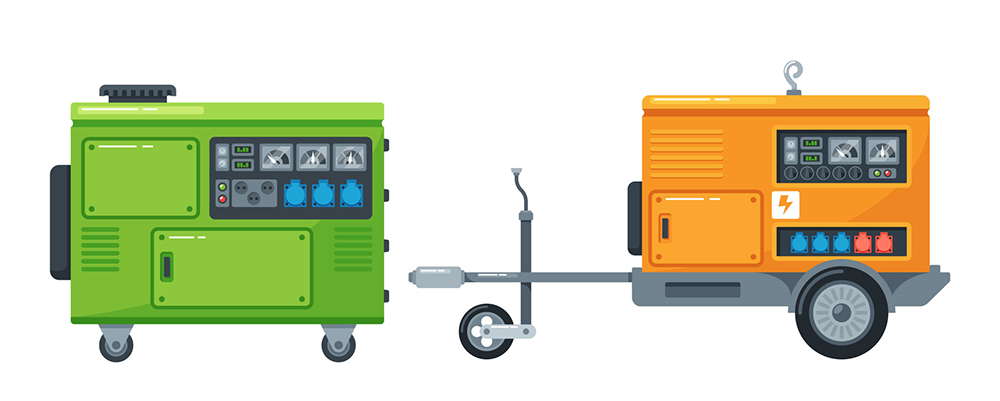
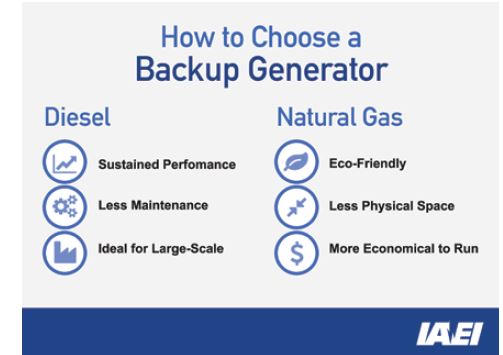







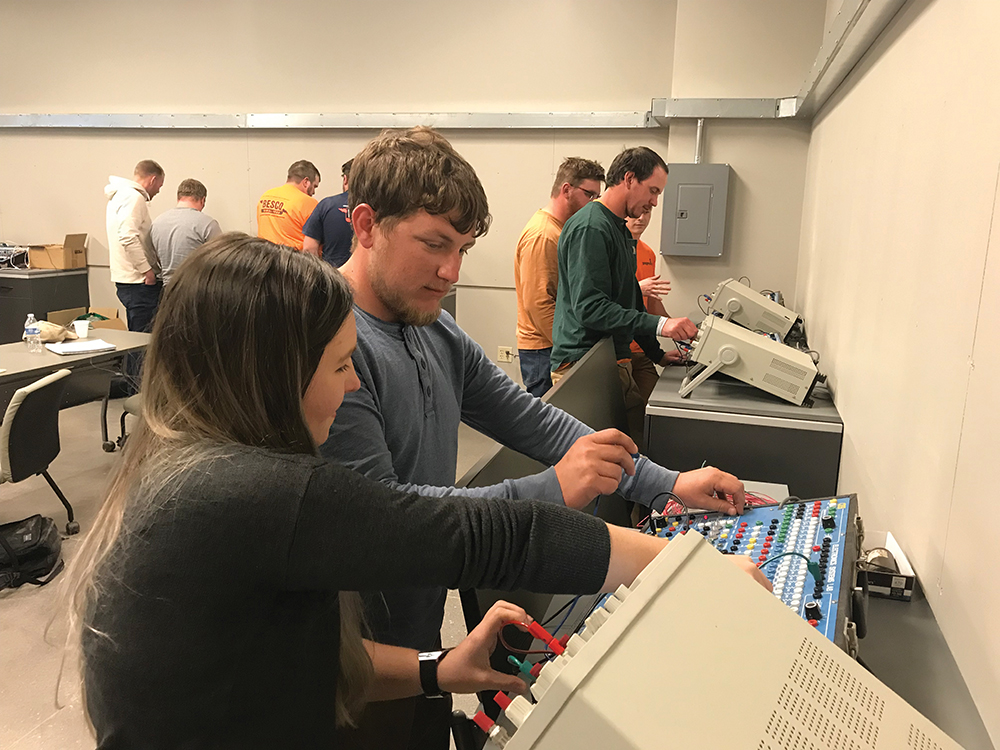
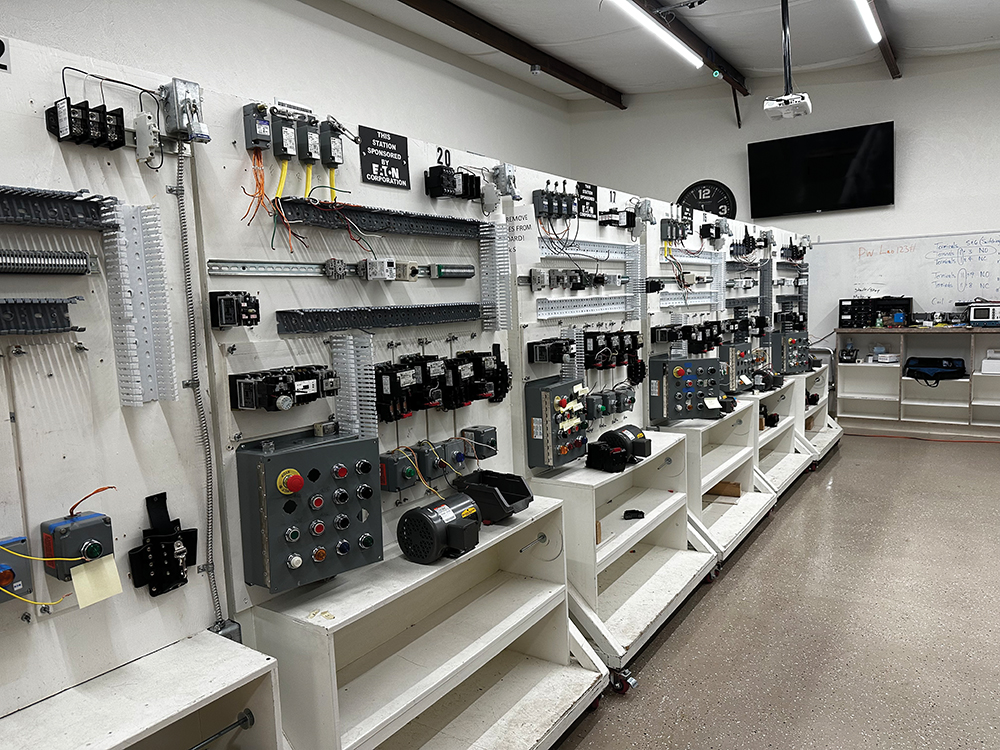
Find Us on Socials